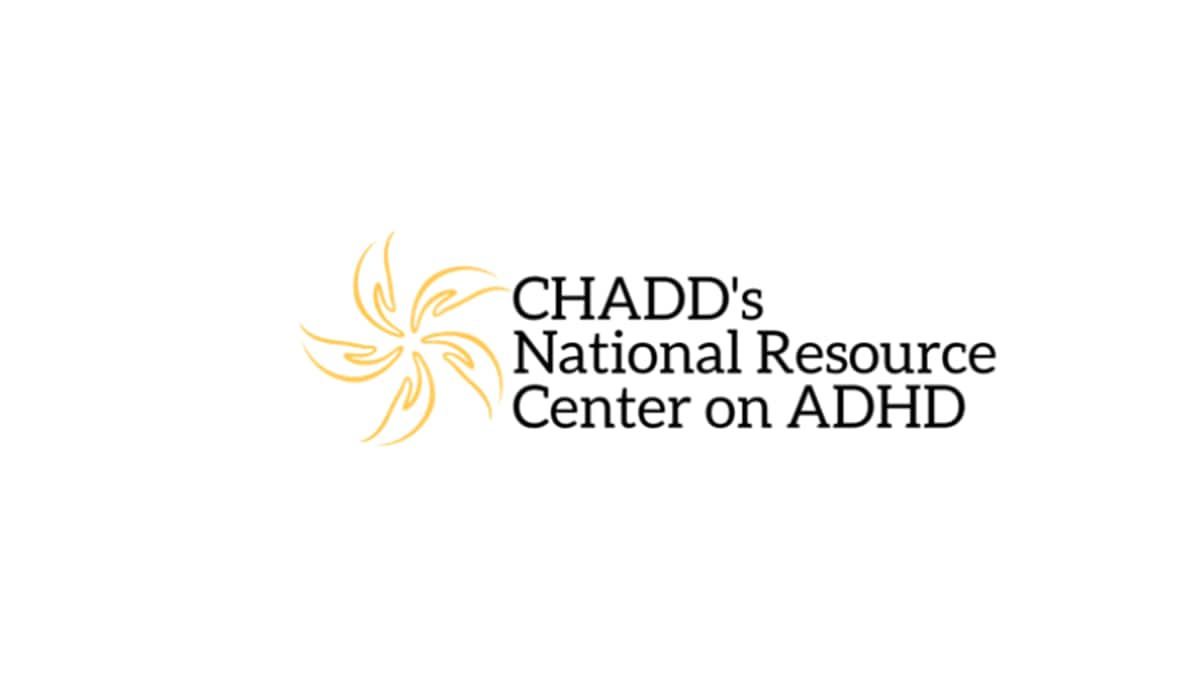What to know
- The main symptoms of attention-deficit/hyperactivity disorder (ADHD) can increase your child's risk in certain situations.
- CDC offers information about reducing these risks.
- Talk to your healthcare provider about the best way to protect your child's health.

Overview
Being healthy is important for all children and can be especially important for children with ADHD. The core symptoms of ADHD, including impulsivity and inattention, might lead children to behave in ways that can put their health at risk or cause them to forget healthy and protective behaviors. Over time, if not addressed, these risks can lead to injury, disease, or even an earlier-than-expected death.
Having a healthy lifestyle can help children with ADHD deal with stress and difficulties in their daily lives. In addition to recommended treatments such as behavior therapy and medication, a healthy lifestyle can help children with ADHD manage their ADHD symptoms. Parents and healthcare providers can learn more about health risks associated with ADHD and about healthy habits that can help protect children from long-term health risks.
Protecting children with ADHD from different health risks
Preventing unintentional injuries
Impulsivity and inattention can put children at risk for injuries, such as:
- Unintentional injuries including falls, drowning, burns, and poisoning. Learn how to keep children safe from injuries.
- Brain injuries. Learn how to recognize, respond to, and minimize the risk of concussion.
- Car crashes, particularly as teenagers and young adults. Learn how to help teens develop safe driving habits.
Supporting mental health
Children with ADHD are at increased risk for mental, behavioral, and emotional concerns and disorders, such as:
- Behavior disorders, which may increase the risk of interpersonal violence and delinquent behavior. Learn about youth violence prevention.
- Mood disorders, including anxiety and depression. Learn about children's mental disorders.
- Being the victim of bullying. Learn about ways to prevent or stop bullying.
- Using tobacco and other high-risk substances. Learn about ways to prevent youth tobacco use and high-risk substance use.
- Suicide. Learn about youth suicide prevention.
- Sexual risk behavior. Learn about how parents can help prevent teens from taking sexual risks.
Supporting oral health
Children with ADHD have increased risk of injury to the mouth and teeth, as well as cavities (also known as caries or tooth decay). Learn about protecting children's oral health.
Promoting physical activity, nutrition, and sleep
Children with ADHD are at increased risk for being overweight or having obesity. Healthy habits for children include:
- Developing healthy eating habits, such as eating plenty of fruits, vegetables, and whole grains, and choosing lean protein sources.
- Participating in daily physical activity based on age.
- Limiting the amount of daily screen time from TVs, computers, phones, and other electronics.
- Getting the recommended amount of sleep each night based on age.
Talk with a healthcare provider
Every child with ADHD is different, and experts can't predict whether or how individual children will be affected by these risks. Talk with your provider about the best way to protect your child's health.
Additionally, some treatments for ADHD, such as stimulant medication, may have side effects that could affect your child's health, such as difficulty sleeping and loss of appetite. Talk with your child's healthcare provider about these side effects.

Get information and support from the National Resource Center on ADHD.
More information
CDC funds the National Resource Center on ADHD (NRC), a program of CHADD—Children and Adults with Attention-Deficit/Hyperactivity Disorder. CHADD's website has links to information for people with ADHD and their families. The NRC operates a call center (1-866-200-8098) with trained staff to answer questions about ADHD.
- American Academy of Pediatrics. Beyond Screen Time: Help Your Kids Build Healthy Media Use Habits - HealthyChildren.org. Available at: https://www.healthychildren.org/English/family-life/Media/Pages/healthy-digital-media-use-habits-for-babies-toddlers-preschoolers.aspx. Accessed on October 15, 2024.
